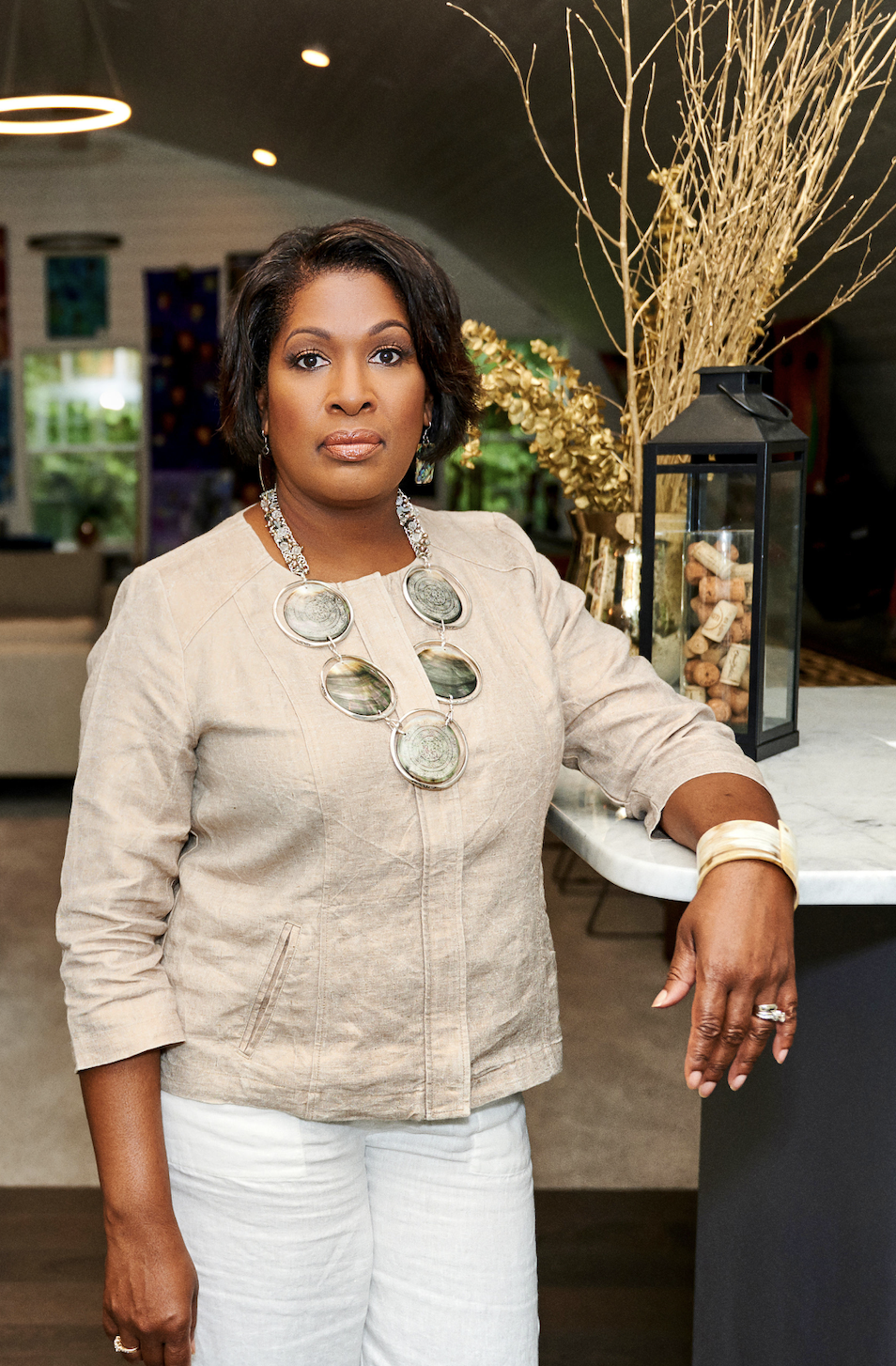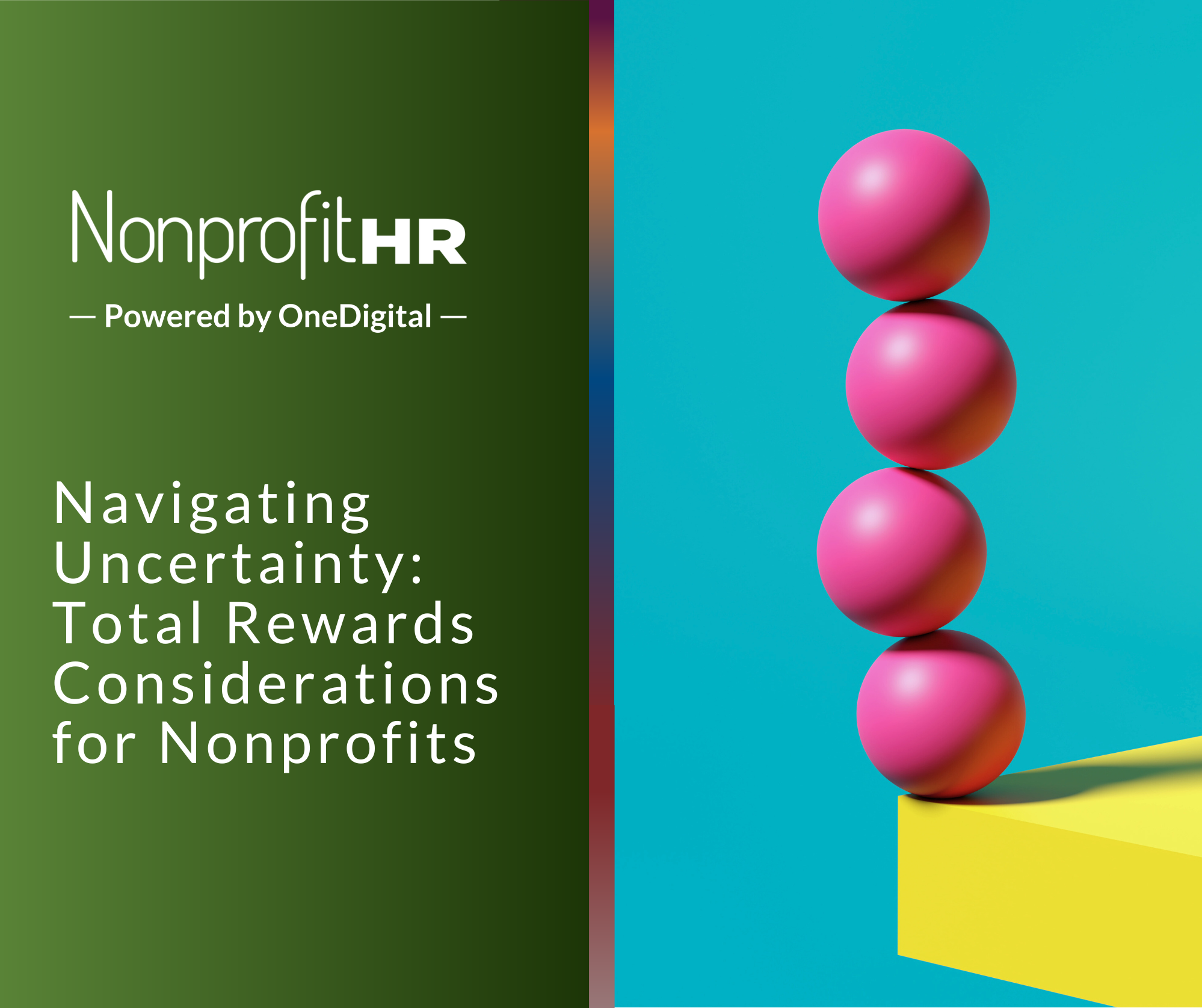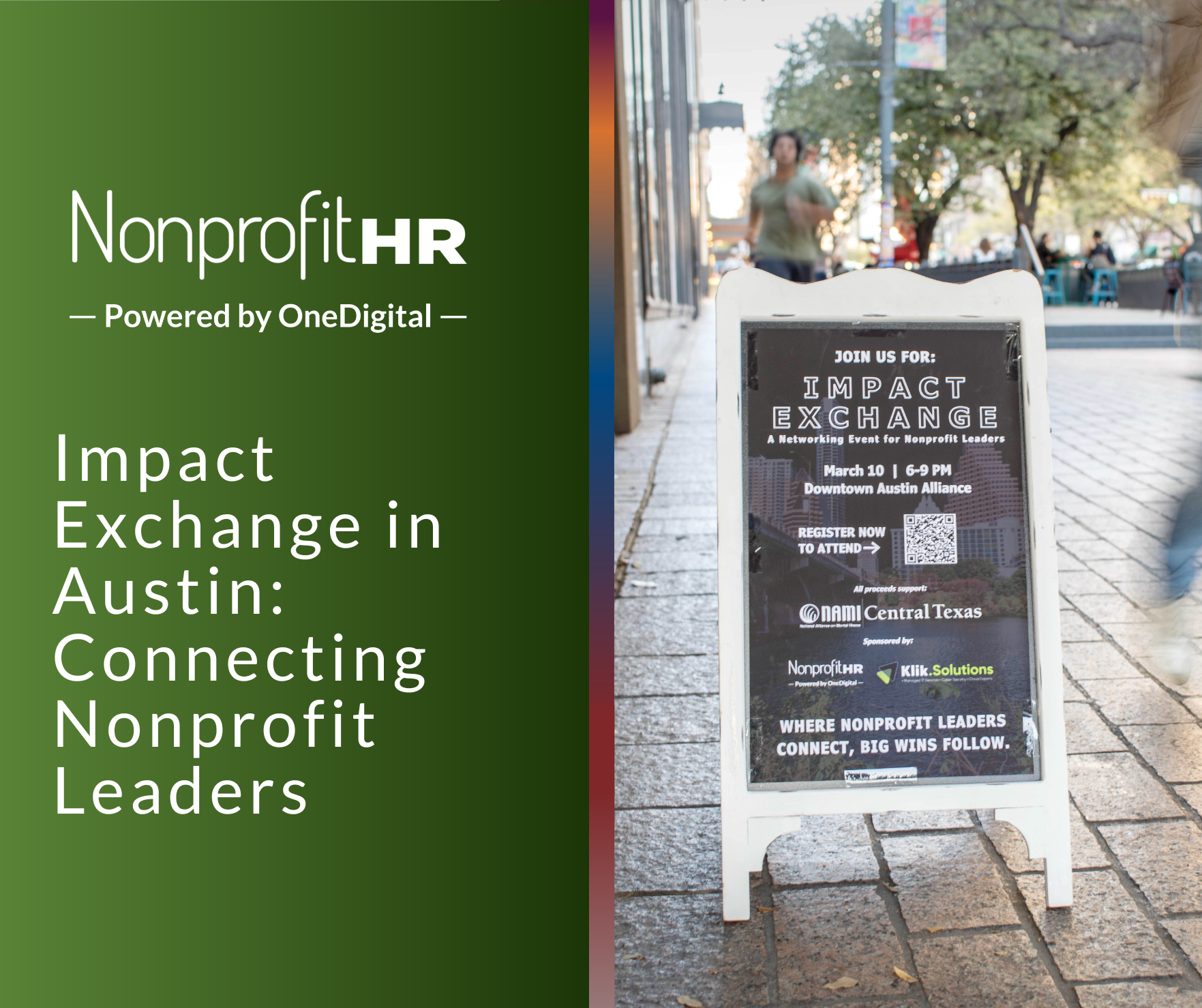WTOP: 5 ways nonprofits can…

America and Americans have been challenged to acknowledge the unresolved, centuries-old crises of race, racism and racial inequity. George Floyd’s murder at the hands of those paid to serve and protect him, and the nation’s response to it, has caused us to once again face the ugly truths of police brutality, inequity and injustice lived daily by Black people all across this nation, and around the world. Even more tragic and heartbreaking is that there were and will be more victims like George Floyd.
A pervasive sense of urgency has rightfully settled in. America was already grappling with the health and economic impacts of the COVID-19 pandemic. This compounded effect has driven nonprofit and social impact leaders to urgently respond to the nation’s collective hurt and pain.
If leaders are going to help advance the call for racial equity and social justice in the wake of a double crises, we must approach the issue of diversity, equity, inclusion and belonging within our organizations with care, deliberation and a deep sense of commitment to address deep-seated wrongs. We must also respond, not react, with urgency.
Like many of you did in the weeks immediately following George Floyd’s murder, my firm, Nonprofit HR, publicly re-communicated our strong commitment to fostering and maintaining a culture of diversity, equity & inclusion to all of our staff and stakeholders. Also, like many of you, we made space for our staff who identify as Black, to talk about how they were being impacted personally and professionally by Mr. Floyd’s death and the ensuing aftermath. Many of us are parents and caregivers and share the concern of society’s harsh truths and mistreatment of people of color. Together, we shared, expressed our anger, cried and just breathed, in a way that was safe and affirming.
The following week, I convened my non-Black staff to understand how they were being impacted and to give them space to share their feelings of frustration, helplessness, discomfort, and anxiety about saying the “wrong thing” at the wrong time.
These were critically important conversations for us to have and were essential to the “beginning” of our race healing work as an organization. For me, however, conversations cannot be the sole response to the mounting bodies and lives that have been stolen. Conversations do not “make right” 
The urgency of this moment is driving many of us to take immediate, measurable action in our personal and professional lives. Over the last several weeks, I have responded to multiple calls from current clients and prospects, all of whom are desperate to “do something” and to send a clear message to their staff and stakeholders that they are responding professionally and with care. They have called us to help with thought leadership, internal equity assessments, focus group facilitation and training with the hope that taking these important steps will help to ease the pain. While I have shared from the depths of my personal and professional experience working in the social impact space, I remind myself daily that we did not arrive in this state of turmoil overnight. More importantly, we will not correct, resolve or bring to justice inhumane institutions, systems and embedded biases overnight either. So, I caution my fellow leaders in the nonprofit space to stop and breathe.
Diversity, equity & inclusion and belonging are not realized through carefully crafted messages, town halls meetings, or one-off training sessions on unconscious bias in the workplace. This is the approach that so many of us have taken in the past, but these efforts will not help us realize and sustain a more racially just future. And so, before you launch headfirst into developing programs, trainings and events, there are five critical steps that I believe are essential to explore prior to doing so.
Make the time and space needed for discovery
During a webinar that I recently facilitated for the American Society of Association Executives (ASAE) on Leveraging Diversity, Equity & Inclusion for Greater Impact, I shared that discovery is where you, as a leader, identify your organization’s why and what for embarking on a DEI journey. DEI work is not, and never will be a sprint, not when individual organizations are trying to unpack the macro-level impacts of injustice, exploitation, mistreatment, miseducation and all of the socioeconomic effects of those phenomena. Without time spent on discovery, your organization will waste precious time and resources and fail to contribute meaningfully to overall change.
Resist the urge to leap. Instead, think twice
Your organization’s ability to perform financially, realize better products, services and results, attract new talent and maintain a competitive advantage is real. I say this because embarking on an meaningful DEI journey is not for the faint at heart. It requires significant investment of resources (time, talent and treasure) over an extended period of time. The work is difficult and painful and requires us to look at our personal values, philosophies on leadership, and the systems that we have built or have allowed to be perpetuated and, in some instances, inside of our organizations. Seriously considering how we show up as employers and social impact citizens takes time to understand, process and correct to bring Diversity, equity & inclusion.

As part of this work to bring diversity, equity & inclusion, we must first be willing to identify and break the habits, practices, unspoken rules, and deeply entrenched systems that exist within our organizations. Unfortunately, many – if not most — organizational breakdowns begin with leadership. Embarking on and embracing a new relationship with power, decision-making, diversity, equity & inclusion and access that, prior to now, many of us have never done, requires courage. Our quest to better understand our organization’s unique challenges will most likely point back to our leaders and this requires a willingness to listen, understand perception, and most importantly, take critical steps needed to ultimately change the spaces we lead. Be brave as you dissect those habits, practices, unspoken rules and deeply entrenched systems in order to change, eliminate, and commit to rebuilding them in a way that works for all of your staff and stakeholders – not just a few. Before organizations can dismantle racial inequality and inequity, they must first confront the systems that allow them to grow and thrive with Diversity, equity & inclusion. Many times, leaders fail to demonstrate courage in the face of trials. Pausing before you act, taking time for self-reflection, and checking your personal commitment to driving much-needed change, will help you find and assess your willingness and ability to move forward with Diversity, equity & inclusion.

Proceed with caution! There is a fine line between becoming familiar with and assuming all knowledge. Listen with the intent to hear and understand alone and then allow yourself a reasonable amount of time to process what you learn. Allow your employees a reasonable amount of time and space to “trust the system” and become more vulnerable than they may already be feeling. We might be tempted to skip over this very hard work as it is difficult. We simply cannot afford not to.
I would be doing you a disservice if I didn’t also call out the need for each of us to do this work. We simply cannot cure the ills of systemic racism within our organizations without deeply engaging the people most affected by it. So how do we do that?

There will be hurt feelings throughout this journey. The deeper you go, the greater the potential for discomfort, especially for persons of color. Investing in professional advice and support to prepare yourself and your organization to receive tough feedback is strongly advised.
I know you may still be anxious to launch your DEI initiatives right now. I get it and understand. I encourage you to pause, breathe, look inward and think strategically – just as you would if you were about to embark on a new strategic plan or shift the direction of your organization. DEI is THAT important and deserves time, clarity, determination and purpose.
Please don’t misconstrue the purpose of this post. I remain outraged to see unarmed persons of any color or background killed at the hands of those hired to protect and serve them. I also remain frustrated when countless persons are denied the opportunity to be recognized, valued and rewarded on the basis of their knowledge, skills and abilities rather than on the color of their skin.
I understand that your response to what is happening may be different from mine and that you may be pressured to quickly roll out your new approach to DEI. I am not at all suggesting that leading your organization through this work needs to wait. What I am suggesting is quite the opposite. I am suggesting that as leaders in this present environment, at this present time, and under these present conditions, we all become crystal clear on what we are committing to do in this space and why. We must also be in it for the long haul.
We are. And Nonprofit HR is right here with you. We are ready to help you articulate and enlist your people in co-creating and realizing a more equitable and inclusive workplace now and in the future. We are committed and ready to endure this collective journey toward equitable outcomes for all to implement and support Diversity, equity & inclusion.
By
Lisa Brown Alexander
Founder & CEO
Nonprofit HR































